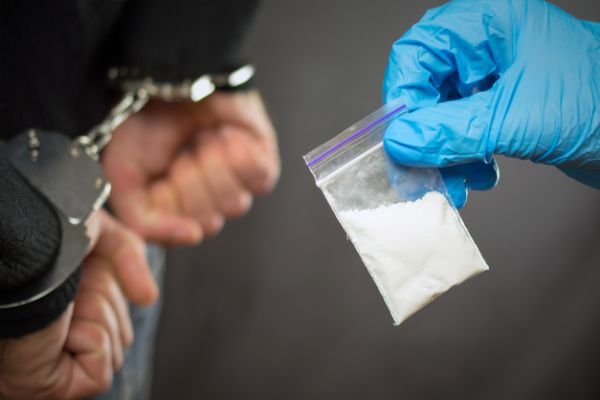Many drug crimes are dealt with by the federal authorities. When the accused is dealt with in a federal court he or she often faces more severe treatment and longer prison time. If you have a mental illness in Arizona, you can face a federal drug crime.
Drug crimes fall under either state or federal jurisdiction. Although the majority of drug crimes are handled by the state, the feds will prosecute in some circumstances.

If the offender was arrested as part of a federal investigation by the Drug Enforcement Administration (DEA), the FBI, or another federal agency, the offender will be dealt with in the federal courts.
The federal courts handle more serious drug offenses. Given Arizona’s proximity to Mexico, drug trafficking is high on the radar of federal drug prosecutors. People charged with drug possession are often also charged with trafficking or even manufacture. The federal courts get involved in drug offenses that cross state or national lines.
Federal offenses carry strict penalties and minimum sentences. If you are convicted of a first offense of trafficking more than 100 kilos of marijuana you face a minimum sentence of five years in prison.
Drug offenders and other people who suffer from mental disorders face many challenges in federal prisons. The Marshall Project has warned of suicides of people with mental disorders in prisons.
The Federal Bureau of Prisons faced increasing criticism of its treatment of inmates with mental illness five years ago. It published a new policy to help those with mental health problems. However, research by the Marshall Project found rather than expanding its treatment, the bureau lowered the number of prisoners designated for help by more than 35 percent. The department decided some prisoners with long histories of psychiatric problems did not require any routine care at all.
The Marshall Project noted how federal prisons classified just 3 percent of inmates as having a mental illness serious enough to require regular treatment. This compares with more than 30 percent of inmates in some U.S. states.
Nonviolent first-time drug offenders typically avoid prison sentences if they are dealt with by state courts in Arizona. Arizona passed Proposition 200 in 1996. It means judges can no longer send first or second-time nonviolent drug offenders to prison until their third conviction. However, you can be imprisoned for a first meth offense.
Drug crimes and the interplay between the state and federal systems can be confusing. If you suffer from a mental illness, the system may be bewildering. Please contact experienced Phoenix-based attorney Bernardo Garcia as soon as possible for help.


